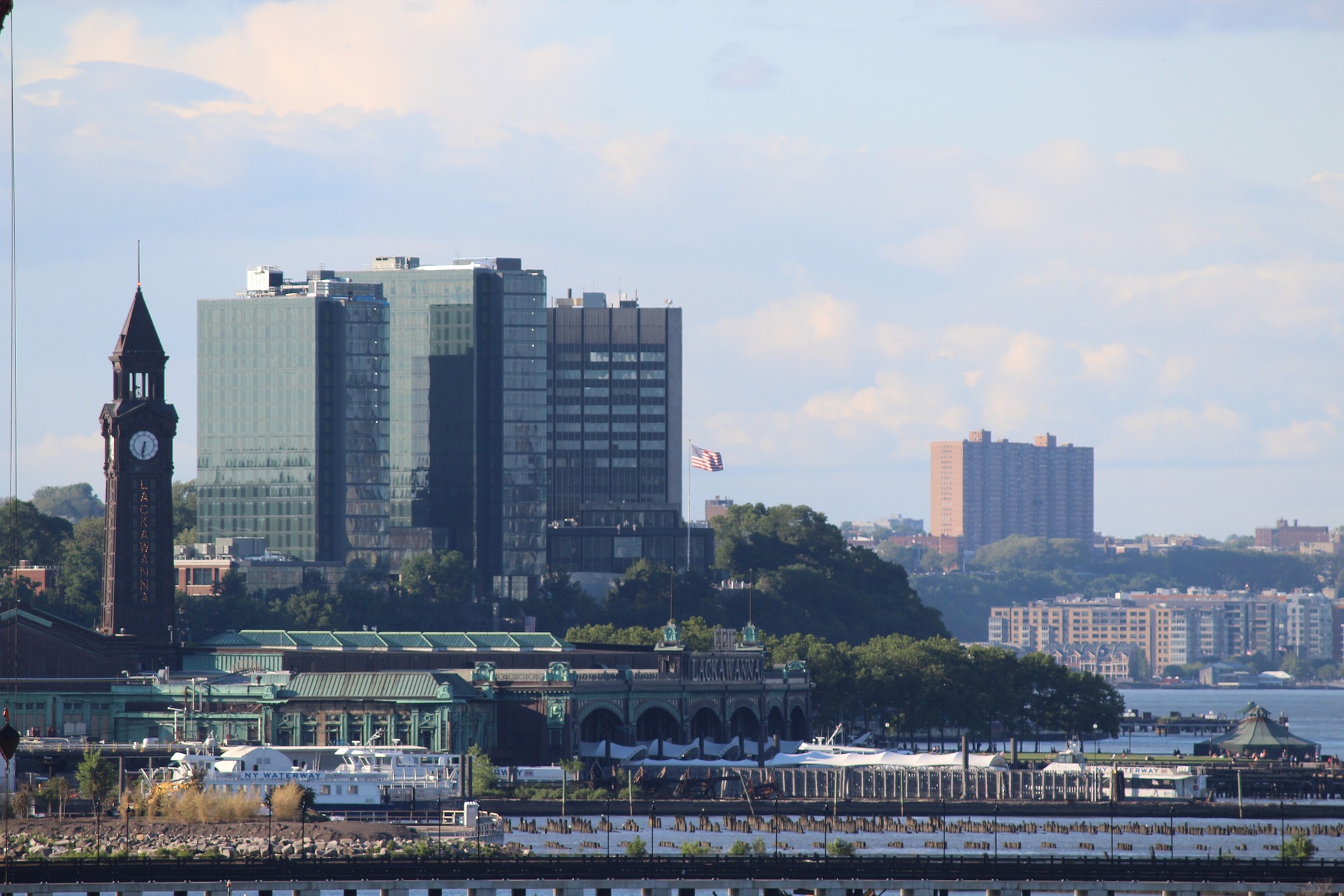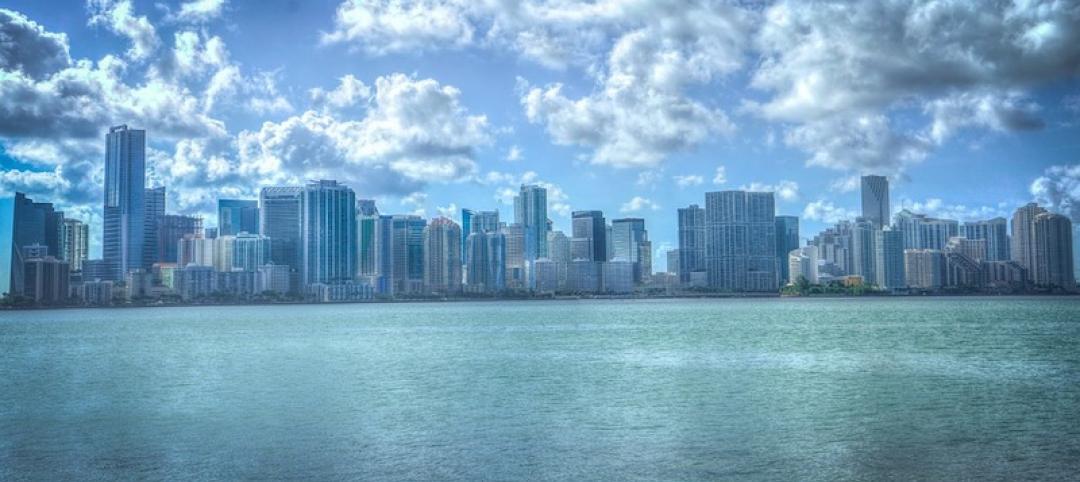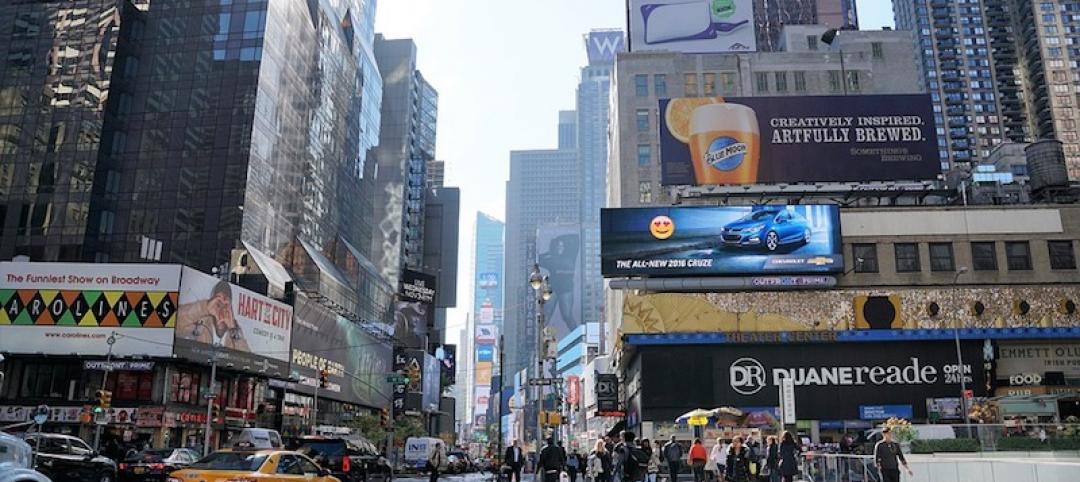Transportation policies enacted in Hoboken, N.J. over the past several years are paying off in the form of fewer pedestrian deaths and injuries.
The city has adopted daylighting, bike lanes, lower speed limits, and intersection redesigns to make its roads safer. The citywide speed limit was reduced to 20 miles per hour. Crosswalks have been painted and repaved to make it easier for drivers to see them. More than 40 curb extensions have been installed to direct cars farther from intersections. Bike lanes now grace about half of Hoboken’s roads.
The mayor says that a bucket of paint enables the city to create a curb extension and high visibility crosswalks to realize a much safer environment at a modest cost. The measures taken by Hoboken have resulted in no traffic death since January 2017, with injuries falling 41%. This safer environment occurred while pedestrian deaths in the U.S. reach 40-year highs.
Daylighting, implementing measures that prevent cars parking at the corner of an intersection, has been a key strategy. This initiative was realized with bump outs—extensions of sidewalks or the creation of small rain gardens in lieu of additional pavement, or the addition of bike racks or bollards.
Related Stories
Codes and Standards | Sep 21, 2018
More than 130 organizations petition OSHA to create heat protection standard for workers
Includes mandatory rest breaks, heat-exposure monitoring, record-keeping injury requirement.
Codes and Standards | Sep 20, 2018
North Carolina law banning use of recent climate science could worsen Hurricane Florence impact
Policies may have undermined ability to make coastal regions more resilient.
Codes and Standards | Sep 19, 2018
AIA endorses building owner participation in cap-and-trade programs
Would spur more energy conservation in buildings and cut carbon emissions.
Codes and Standards | Sep 18, 2018
ConsensusDocs Coalition publishes new Lean Addendum
Industry-first document to facilitate lean tools without need to sign multi-party IPD agreement.
Codes and Standards | Sep 14, 2018
IAPMO seeks comments on proposals for 2021 plumbing and mechanical codes
Deadline is Jan. 3, 2019.
Codes and Standards | Sep 13, 2018
As ICC prepares to vote on codes for tall wood buildings, opposition is still strong
Influential body will vote in October on new provisions to allow 18-story wood-framed structures.
Codes and Standards | Sep 12, 2018
Saltwater incursion into Miami’s aquifer may make city uninhabitable later this century
Rising sea levels likely to claim drinking water before land is under water.
Codes and Standards | Sep 11, 2018
Smart Surfaces Coalition will help cities reduce urban heat island effect
Surfaces can reflect away heat and help prevent flooding.
Codes and Standards | Sep 7, 2018
Certified Green Buildings may have an advantage in capital markets
Research supports financial case for certification.
Codes and Standards | Sep 7, 2018
NIST releases report outlining steps to bolster disaster resiliency
Offers immediate occupancy building codes and performance standards strategies.

















